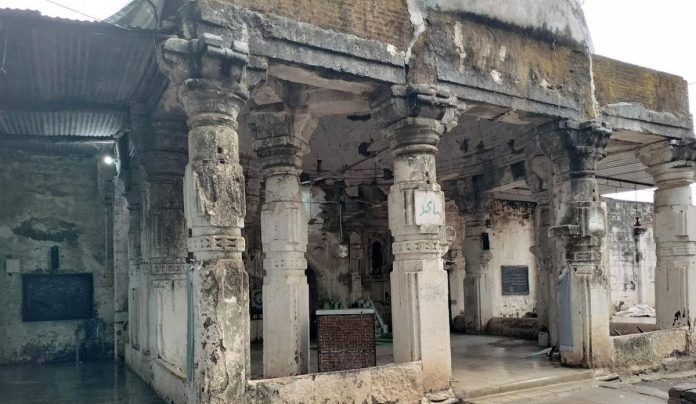21 Apr. 24
In a recent development, the Supreme Court has intervened in the ongoing dispute over the Jalgaon Jumma Masjid-Temple, directing the Jalgaon Municipal Council to retain and manage the keys to the mosque’s gates to allow worshippers access for prayers throughout the day.
The apex court’s decision comes after a Special Leave Petition was filed against a Bombay High Court judgment, which initially directed the Jumma Masjid to hand over the keys to the Municipal Council. The issue arose from a complaint by the Pandavwada Sangharsh Samiti alleging encroachment by the Muslim community on what they claim to be temple grounds.
The Bombay High Court had previously stayed a District Magistrate’s order restricting entry into the mosque for namaz (prayers) in July 2023. The High Court then directed the District Magistrate to hand over the mosque’s keys to the President of the Jumma Masjid Trust Committee.
However, the Supreme Court’s recent clarification emphasizes that the municipal council will now hold the keys to both the front and back gates, ensuring uninterrupted access for worshippers throughout the day. The court affirmed that the management of the mosque compound remains under the control of either the Wakf Board or the petitioner society until further notice.
During the proceedings, Justice Surya Kant raised concerns about the mosque’s status under the Waqf Act and the constitution of the Jumma Masjid Trust Committee. He emphasized that the mosque’s management falls under statutory obligations and cannot be transferred to private entities.
In response, advocates for the Jumma Masjid highlighted the mosque’s registration under the Waqf Act and the committee’s role in managing the property.
Furthermore, the court clarified that while the mosque may be considered an ancient monument, it remains a place of worship where namaz is performed regularly. The surrounding area, including a park and a Jain temple, will be managed according to relevant laws and by local authorities and temple societies respectively.
The Supreme Court’s directive aims to address the ongoing dispute surrounding the Jalgaon Jumma Masjid-Temple, ensuring unhindered access for worshippers while upholding legal provisions governing religious properties and ancient monuments. The decision underscores the court’s commitment to maintaining religious harmony and safeguarding the rights of all communities involved in the dispute.




